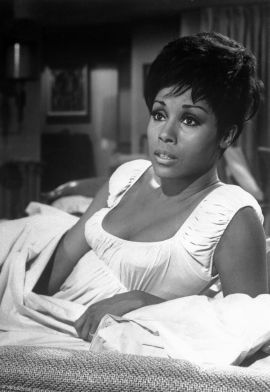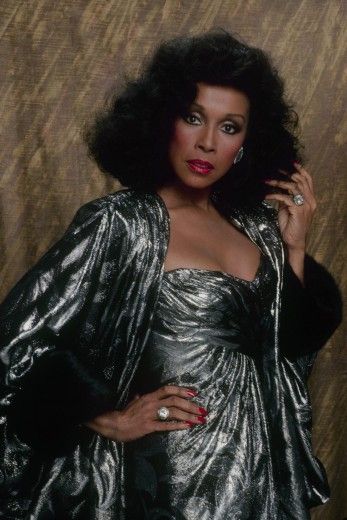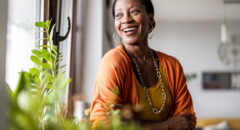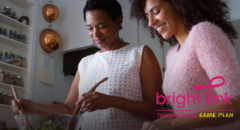
Diahann Caroll is best known for her acting career, spanning over 60 years, and she is the first African American woman to star in her own series on American television (Juila), defying stereotypical roles for Black women. Indeed, she is a pioneer, wearing her signature grace and class on and off camera. At the age of 83, she has been through a lot – including breast cancer.
Now, she is not only a survivor, but she is also an activist. She strives to inform women of correct information regarding the disease. “So many women believe that as they age, their chance of getting breast cancer is less. It’s exactly the opposite,” revealed the award-winning actress. Having detected her own cancer early, she pleas for women to have yearly mammograms.
Caroll admits, “I was absolutely positive that it would never be a part of my life ever. There was no family history. There was not even dialogue about cancer in my family.” But in 1993, at the age of 58, Caroll was diagnosed with cancer when doctors discovered a small lump in her left breast during a mammogram.
”The vanity was, I didn’t want anyone to know. I didn’t want the first thing they think when they hear my name, ‘She has cancer, you know’. I didn’t want my mother to know. I didn’t want my daughter to know. I just didn’t know what to deal with the feelings that were connected with having cancer. Then I thought, That’s pretty arrogant. There’s millions of women that have to deal with this every day. We have to work together. And it’s my responsibility to help them.”

According to American Cancer Society, the risk for women between the ages of 30 and 39 to develop cancer is 1 out of 229. For ages 40 to 49, the risk is 1 out of 68. For ages 50 to 59, the risk is 1 out of 37. For ages 60 to 69, the risk increases to 1 out of 26! So Carol’s first new responsibility was to face the reality of her illness.
Next, she would have to go public with the news. It was the only way to use her platform to help other women affected by breast cancer. “It required two to three days for me to assess how my life had changed—in one moment—as soon as I learned that I had to face the reality of having breast cancer. Then I realized, through some very knowledgeable and caring friends, that it would be very useful if I shared this information.”
What she didn’t know when she decided to take her personal breast cancer experience to communities around the country is what an incredible journey it would become.

She has devoted much of her advocacy work to speaking to groups in these communities about the importance of early detection and prevention, witnessing firsthand the value of face-to-face contact not only with the African-American community but also with the Asian and Hispanic women who come to hear her speak. Each time...
... she is offered the opportunity to interact with a new group of women, Carroll says, she is amazed to see the different cultural myths and perceptions that emerge around the disease and the medical system.
Referring to mammograms, Caroll said, “There’s nothing that helps us to find information like that machine.” Carol has been amazed by the “ignorance of the importance of the yearly mammogram,” and attributes the gap to a widespread lack of availability of education about medical screening and prevention in many minority communities, which keeps women from receiving proper care. In some cases she says, “There are some women who are afraid actually of the machine itself. Often, women are intimidated by all aspects of the process—where they have to go to find the information and where the screening itself is administered, nevermind the testing itself.”
In an interview with CBS news, Caroll explained two surprising facts about breast cancer: “I learned that young women who have an early menstrual period are more at risk.” Also, “Women who are late with menopause are also more at risk.”









